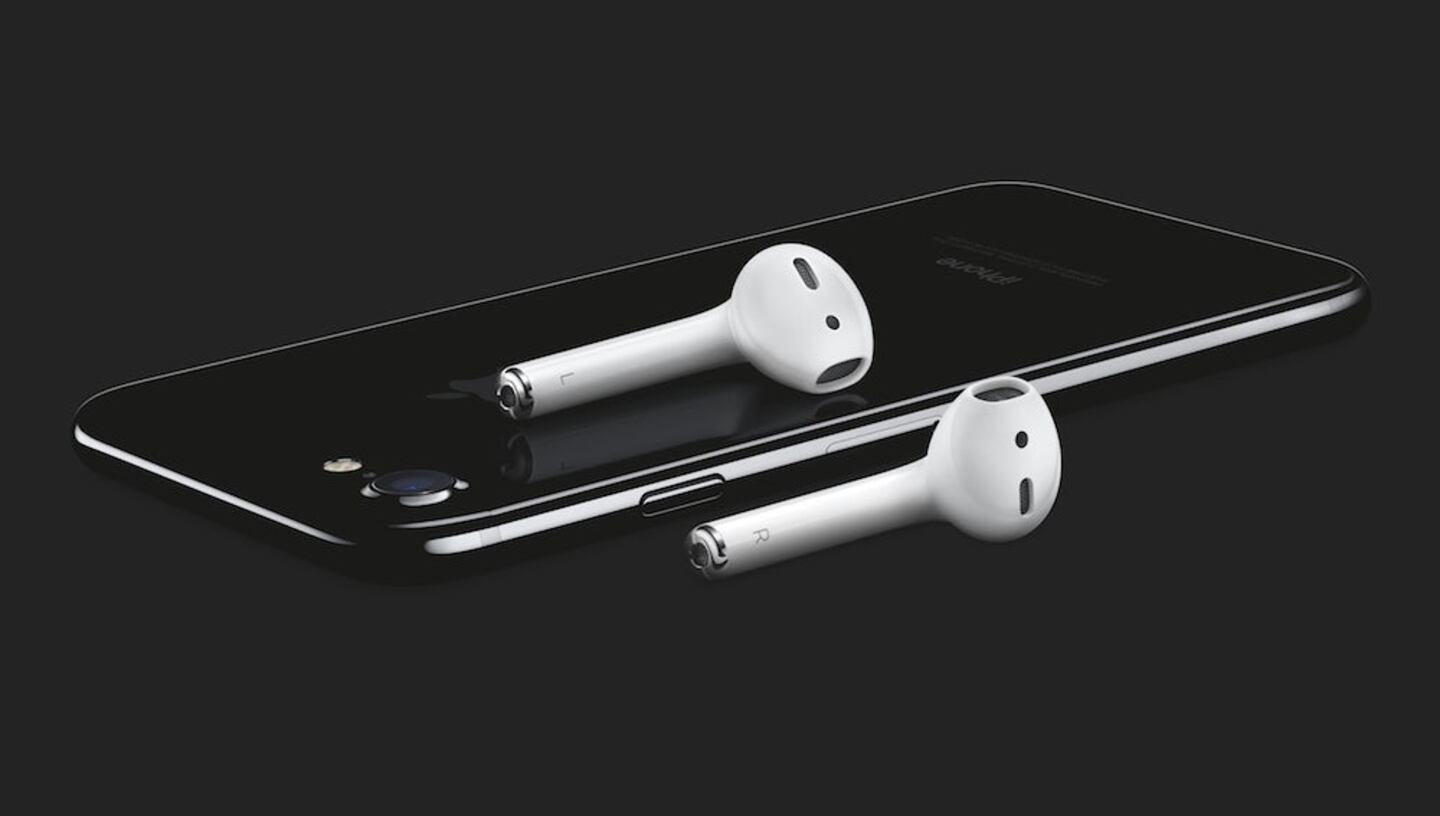
The Business of Fashion
Agenda-setting intelligence, analysis and advice for the global fashion community.

Agenda-setting intelligence, analysis and advice for the global fashion community.

SHANGHAI, China — Chinese online retailers have started discounting iPhones for the second time this year as Apple wrestles with a prolonged sales slowdown in the world's largest smartphone market.
Several electronics vendors announced discounts on iPhone devices this week, following mass discounts in January just before Apple reported sinking sales in China.
Gadget retailer Suning said it would slash the price of the iPhone XS by as much as 1,000 yuan ($148.95) from its official price. Suning had lowered the prices of other iPhone models in January along with other retailers, but those cuts excluded the iPhone XS.
Pinduoduo, an e-commerce site best known for selling inexpensive goods, has also said it would sell the 64GB edition of the iPhone XS for 6,999 yuan, a drop of over 1,000 yuan from the official price.
ADVERTISEMENT
Online retail giant JD.com said it would offer discounts on a range of Apple products including the iPhone XS and XS Max, with models of the latter device selling at discounts of up to 1,700 yuan. Like Suning, JD.com initially did not discount the iPhone XS upon its first major round of discounts in January.
Apple, JD.com and Pinduoduo did not respond to requests for comment, while Suning could not be reached.
Apple's sales from China declined 20 percent year-on-year, according to its most recent earnings report. Slowing demand for smartphones and increased competition from local brands have chipped at its dominance in the country.
The US company has yet to change the official sticker prices of its devices that it lists on its Chinese website. Yet the company has partnered with Ant Financial, the finance arm of Alibaba Group Holding, and several state-owned banks to let consumers purchase iPhones via interest-free loans.
By Josh Horwitz; editor: Stephen Coates.
With consumers tightening their belts in China, the battle between global fast fashion brands and local high street giants has intensified.
Investors are bracing for a steep slowdown in luxury sales when luxury companies report their first quarter results, reflecting lacklustre Chinese demand.
The French beauty giant’s two latest deals are part of a wider M&A push by global players to capture a larger slice of the China market, targeting buzzy high-end brands that offer products with distinctive Chinese elements.
Post-Covid spend by US tourists in Europe has surged past 2019 levels. Chinese travellers, by contrast, have largely favoured domestic and regional destinations like Hong Kong, Singapore and Japan.